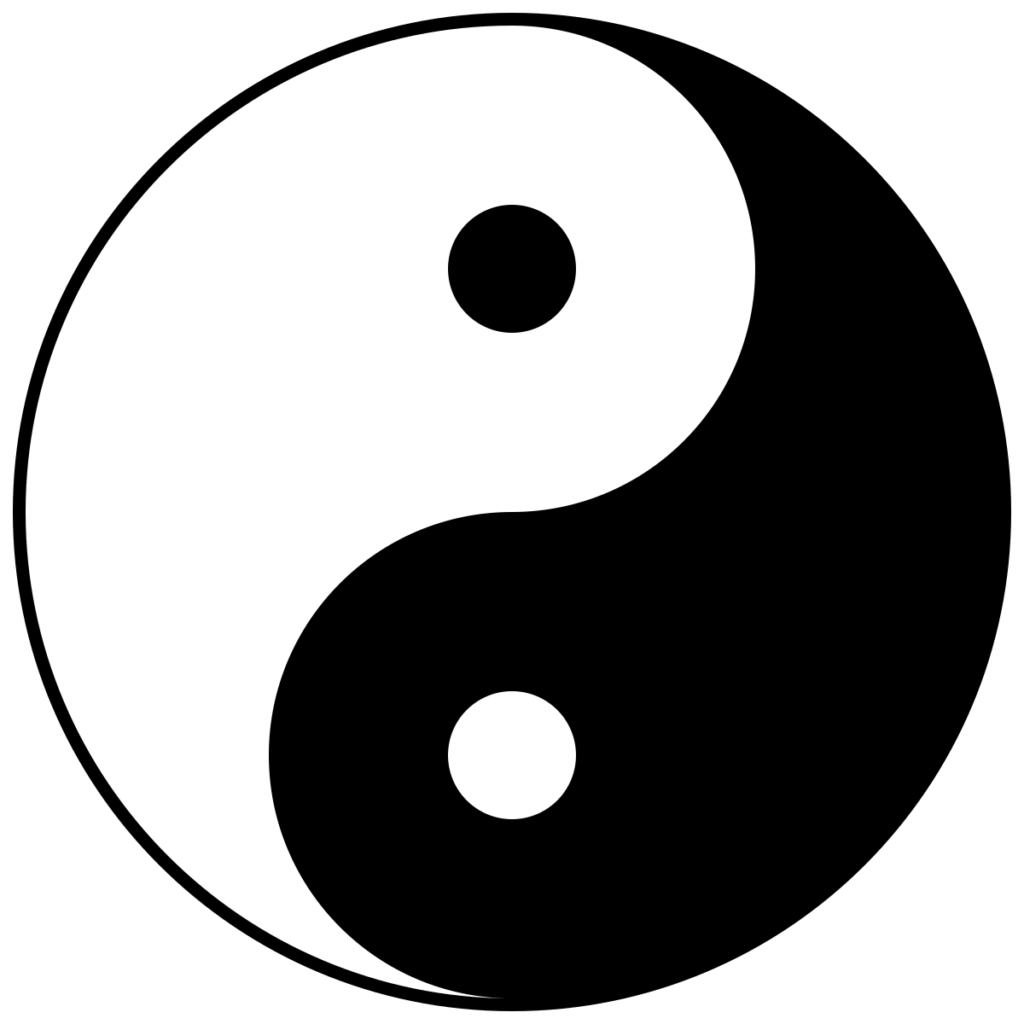Sacredness

“Sacred” means set apart. Special. Exclusive. Different. There’s a built-in difficulty here: for it seems as if the sacred, to be the sacred, must scapegoat the profane. This is what we object to in the idea of the sacred: its inherent elitism, its demonization of the ordinary, the regular.
But perhaps there is another way to look at it. What is separate or exclusive is also particular and distinct. It has a strong integrity in and of itself. It is this thing, not some other thing. So perhaps the essence of sacredness is particularity rather than specialness. Perhaps sacredness implies a powerful sense of commitment to something very concrete and specific, involving a certain sense of devotion to that specific thing, of vowing, of letting go of things outside the vow, outside of the particular, of giving ourselves completely to one thing.
Through such devotion to the particular, the sacred, we open up our lives: this is, I think, the secret of spiritual practice. Following what might appear to be a narrow path of particularity, we open out at last into the wide field where we can meet everything. Powerful practitioners I have met over the years achieve union with the universal in just this way. These people, through total dedication to a particular thing throughout the course of their lifetime — a relationship, a skill, or an art, a practice tradition, or perhaps, most radically, each and every moment of living — have been able somehow to transcend that particular thing. In other words, they’ve been able to include everything within it, acquiring in the process an ease and a graciousness that looks almost transcendent.
Norman Fischer
from When You Greet Me I Bow; Notes and Reflections from a Life in Zen
Chapter: Leaving Home, Staying Home

